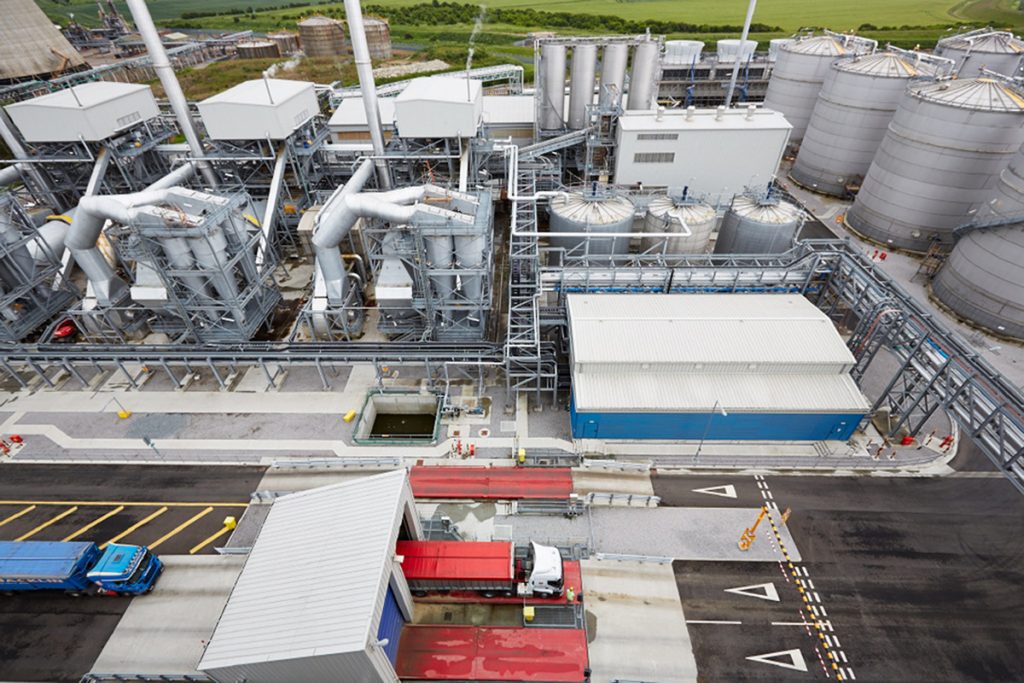Why Vivergo Fuels Faces Closure After UK-US Trade Deal
Vivergo Fuels, Britain’s largest bioethanol producer, has announced it will cease operations at its vast Hull plant following the government’s refusal to grant emergency financial support. The decision caps months of fraught negotiations after the UK-US trade agreement removed a crucial 19% tariff on American bioethanol imports, exposing Vivergo to cheaper competition and rendering its domestic production commercially unviable.
The Impact of Removing Tariffs on Bioethanol
Under the June trade deal, Prime Minister Keir Starmer’s administration lifted protective duties on bioethanol—fuel made from wheat and other cereals—to secure US market access for British steel and automotive exports. While this move pleased exporters, it had dire consequences for Vivergo:
- Flood of low-cost imports: US producers, benefiting from large-scale operations and favourable corn subsidies, can now undercut UK bioethanol prices by nearly 20%.
- Loss of market floor for wheat: Vivergo’s demand for homegrown cereals previously supported domestic grain prices. Reduced output threatens farmers’ incomes.
- Supply-chain fallout: The plant’s by-product, a high-protein animal feed, will become scarcer and possibly more expensive.
Why the Government Refused Emergency Funding
Vivergo’s owner, ABF Sugar (part of Associated British Foods), cautioned Whitehall in June that tariff cuts would jeopardise the plant’s future. Despite presenting a turnaround plan—promising profitability within two years under “sensible regulatory levers” aligned with the government’s green industrial strategy—no emergency loans or grants were forthcoming. A Department for Business spokesperson explained:
- “We have worked closely with the companies since June to understand the financial challenges… and have taken the difficult decision not to offer direct funding as it would not provide value for the taxpayer or solve the long-term problems the industry faces.”
Unprofitable Since 2011
City AM understands Vivergo has run at a loss every year since 2011. An independent report commissioned by the government judged that propping up the plant would be a poor use of public money. With 160 staff employed directly at Hull—plus thousands across the supply chain—closure will ripple through the local economy.
Job Losses and Local Investments at Risk
Vivergo forecasts significant job cuts, though some employees may transfer within ABF. Regional stakeholders fear the blow will deter planned investments in clean-energy projects, not only from ABF but also from other companies eyeing the Humber for green technologies. The firm’s statement lamented:
- “In making this decision, the government has thrown away billions in potential growth in the Humber and a sovereign capability in clean fuels that had the chance to lead the world.”
Broader Implications for UK Energy Policy
The closure spotlights a wider dilemma: balancing free-trade commitments with domestic strategic industries. Bioethanol has been promoted as a low-carbon alternative to oil-derived petrol, integral to the government’s net-zero roadmap. Yet, without targeted support—via tariffs or subsidy schemes—such industries risk collapse under global competition.
Next Steps for Vivergo and Policy Makers
With operations winding down, attention turns to whether Parliament will revisit biofuel regulations, such as mandating minimum UK-produced ethanol content in transport fuels. Some MPs are already calling for emergency measures to prevent similar outcomes in other green sectors. Meanwhile, grain growers must find new outlets for their harvests, and livestock farmers will face higher feed costs.
A Cautionary Tale of Trade vs. Manufacturing
Vivergo’s fate serves as a cautionary tale: engaging in ambitious trade deals without safeguarding vulnerable home industries can yield unintended economic and environmental costs. As the UK navigates post-Brexit trading relationships, the government’s approach to strategic sectors like biofuels will be scrutinised—shaping the future of domestic manufacturing, rural livelihoods, and progress toward net zero.
